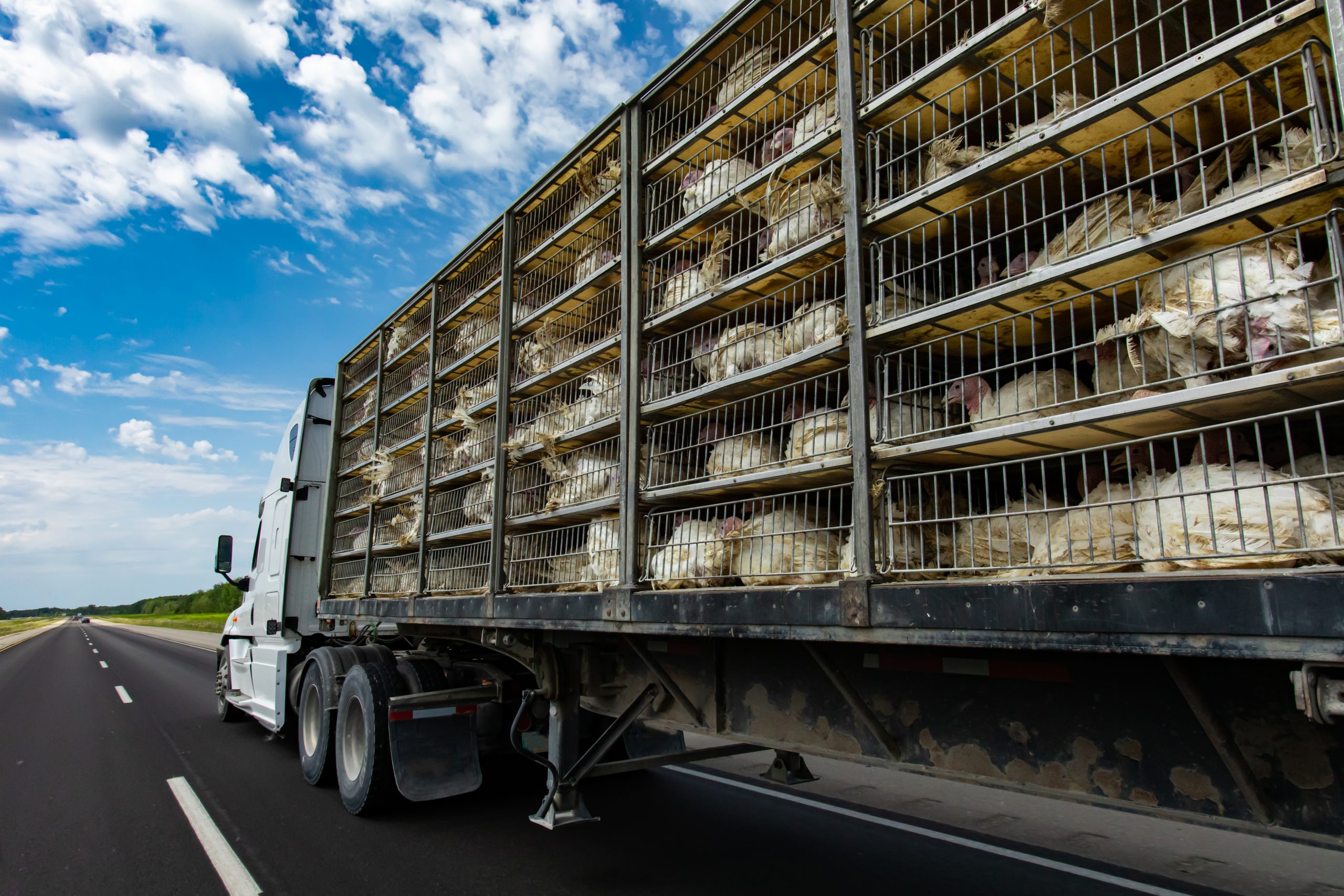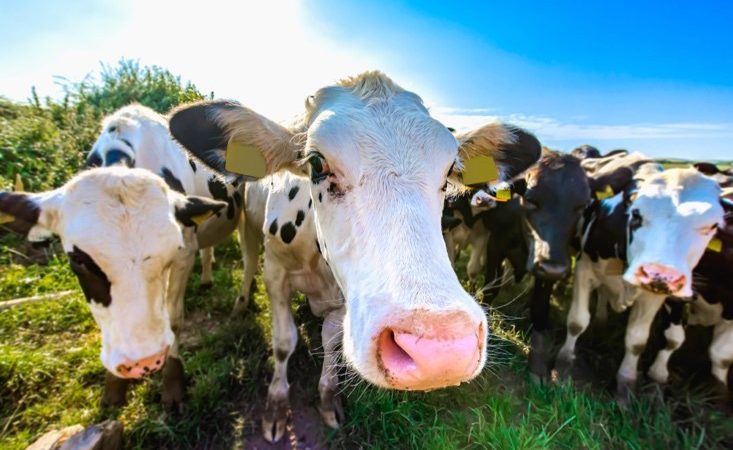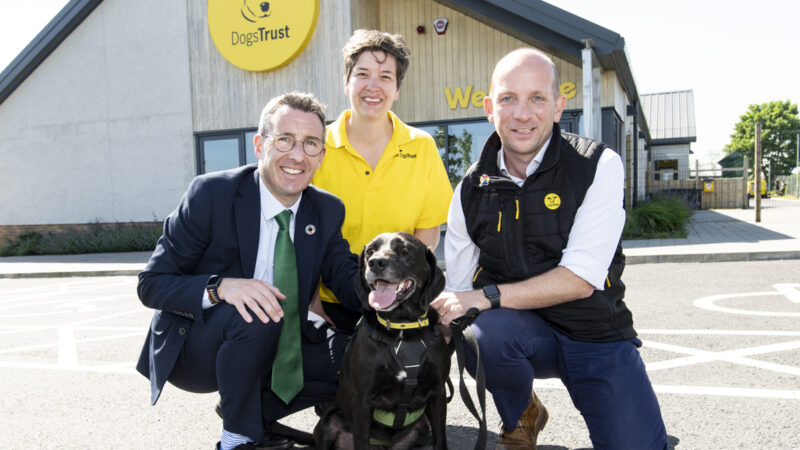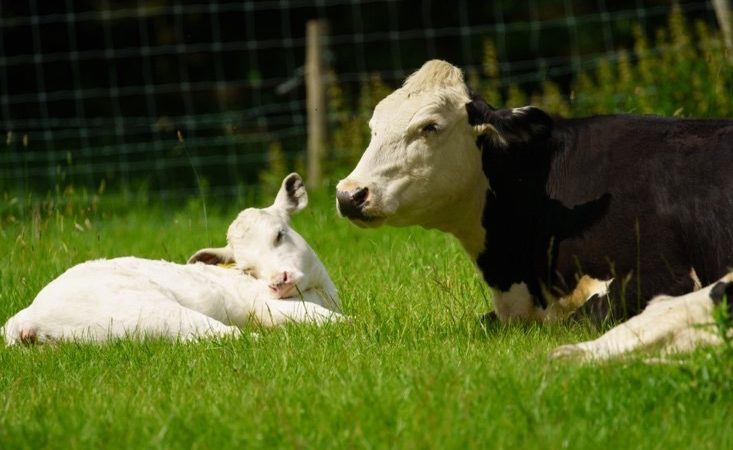Shortage of vets adding to food industry’s Brexit troubles

A London based corporate finance firm has said that the food industry’s Brexit troubles are being made worse by a shortage of vets, which could further reduce trade of animal derived products.
Brexit fallout
Commenting on how the food industry’s troubles are reflecting the fallout from Brexit, Mark Lynch, Partner at corporate finance house, Oghma Partners, said: “The food industry’s troubles from the fallout of the Brexit deal could be the most visible signs of the complications caused by leaving the EU’s single market and customs union. While it could be perceived that it will be the consumers of continental Europe that will lose the opportunity to munch into UK product, the most visible signs of the impact are on the, fast emptying, supermarket shelves of Northern Ireland and therefore directly impacting what still are British citizens. The Food industry supplying the likes of Tesco, Sainsbury’s and M&S have been impacted from a, yet to be, fully implemented new trading regime and full rules compliance is required by the end March 2021.
Supply challenges
“With Northern Ireland replicating EU rules, the problems supplying this market are the canary in the coal mine for supply challenges into the greater EU single market. The principal problem appears to be around export health certificates that need to be signed by a vet for each batch of product shipped and where the products are derived from animals.
“In December 2020 the food industry wrote to the UK government warning that a shortage of vets could reduce trade of animal derived food products to the EU by 75% – it seems as if we are seeing the first signs of this problem impacting the supply chain and much closer to home than was thought.
Unwelcome disruption
“For the food industry, the disruption is an unwelcome and unnecessary challenge on top of the problems created by COVID-19. For the chilled chain given its’ short shelf life, no amount of buccaneering optimism will bring markets like Australia or Japan physically closer. Without a work around solution – an acceptance that farming practices in the UK and EU are equivalent and that rules will not diverge with the EU – it seems that some food export markets will be lost forever.”






